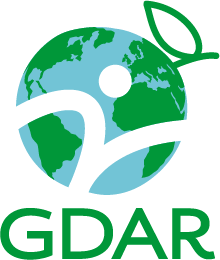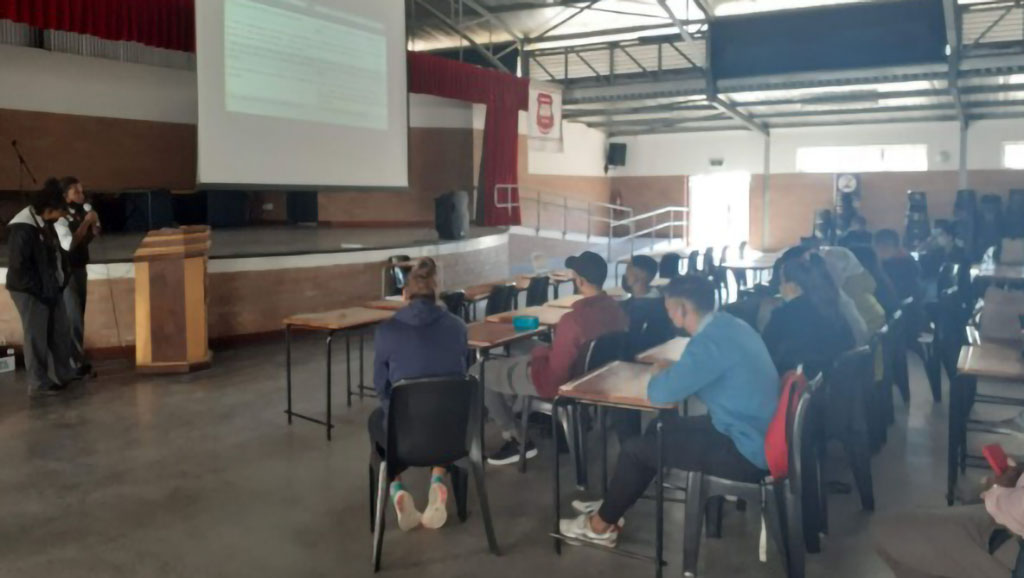Children as young as 13 years old can be citizen scientists, advocating and making significant impacts to promote safe, active, and healthy spaces within and beyond the school, home, and neighbourhood environments.
Our GDAR researchers at the University of Cape Town, South Africa assessed the role of adolescents’ advocacy in addressing the barriers influencing healthy eating, physical activity, hygiene, and safety within high school environments.
Between 2021-2023, researchers worked collaboratively with learners (citizen scientists) and school staff (liaison officers for the project) from three high schools in Cape Town. The citizen scientist learners were trained to capture data (photographs, audio notes, text, and geolocations) on their lived experiences in relation to the barriers of food, physical activity, hygiene, and safety within their school environment using a mobile application tool (Our Voice Discovery Tool). They had so much fun!
The collected photos and text narratives were printed, and in a workshop, the learners guided by the research team discussed the identified barriers, sorted them into topics, and delved further into contextual insights, suggesting solutions to these barriers. Barriers included obstacles in the way of recreational areas, unhygienic or unsafe toilets, or no healthy foods being sold at school.
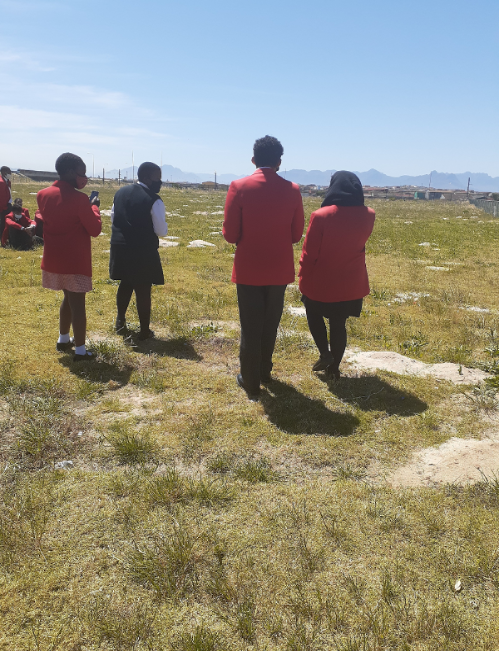
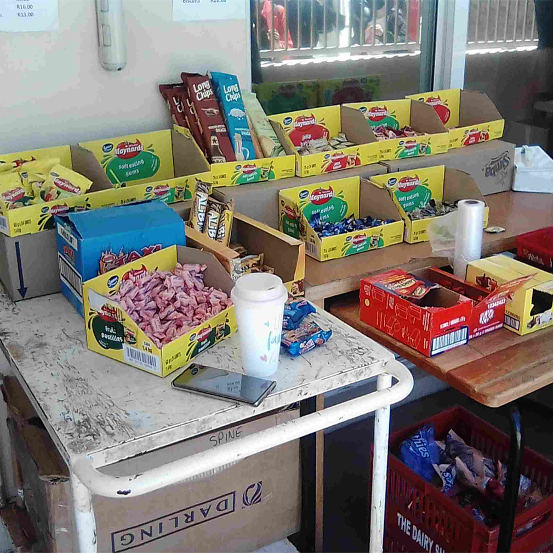
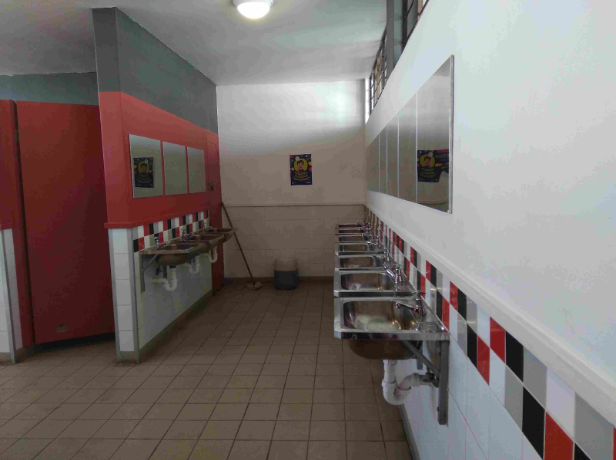
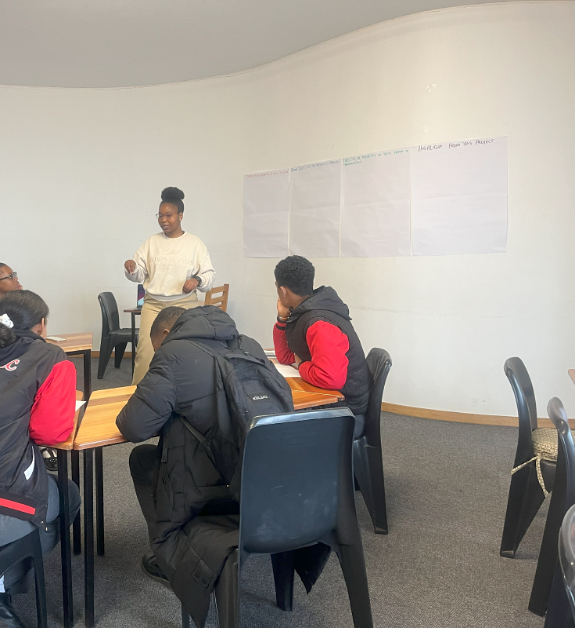
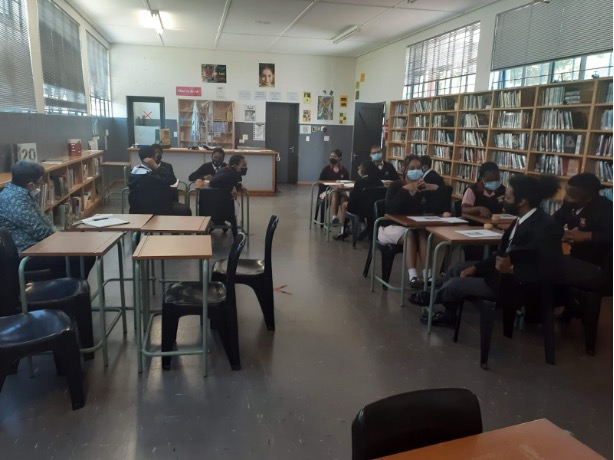
In 2023, the research team returned to the school to io identify the wider impacts that occurred as a result of the citizen science project (called Ripple Effects Mapping). Many school, neighbourhood, home, and personal ripples were noted from the initial project including having healthier food offered at school, more physical activity added to the curriculum and practised within the family and improved scientific knowledge and mental health for learners.
A further advocacy workshop was then conducted in each school. The learners, as advocates for change, presented their findings to the school staff who provided feedback. In agreement with the school authorities and with guidance from the liaison officers, the learners chose a project to focus on including a sports day fundraising event and a Menstrual Hygiene Awareness day.
As one teacher noted, “The school is interested in having more projects of this nature … to make sure that this project continues because now it is at the heart of everyone at school … it has more impact on how children behave.”
We continue to be amazed by what was achieved by the citizen scientists and the schools.
Check out our newsletters produced by our researchers and the schools, which showcase the identified barriers, solutions, and ripple effects. Together, from the voices of our active citizen scientists, we can better understand and make realistic solutions to improving schools for everyone.
Newsletters
Bonteheuwel High School
Spine Road High School
Kensington High School
This work was in collaboration between the University of Cape Town, Cape Peninsula University of Technology, Western Cape Government Department of Health, GDAR, Stanford University’s “Our Voice” Global Network: Citizen Science for Health Equity, and our three featured schools, Bonteheuwel High School, Spine Road High School, and Kensington High School.
